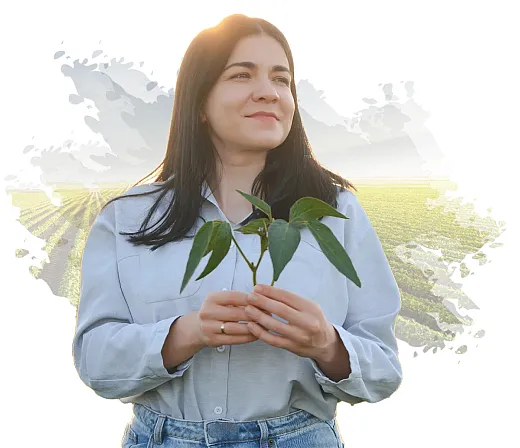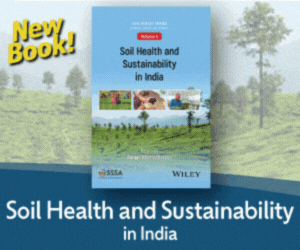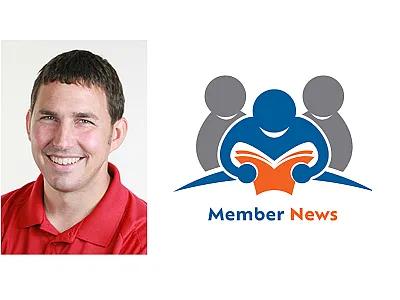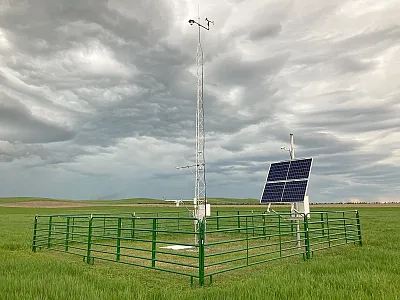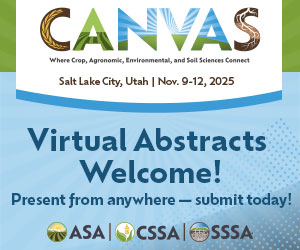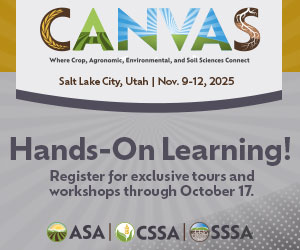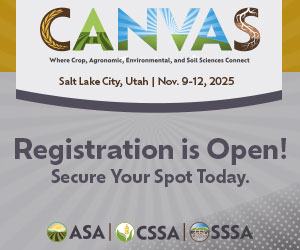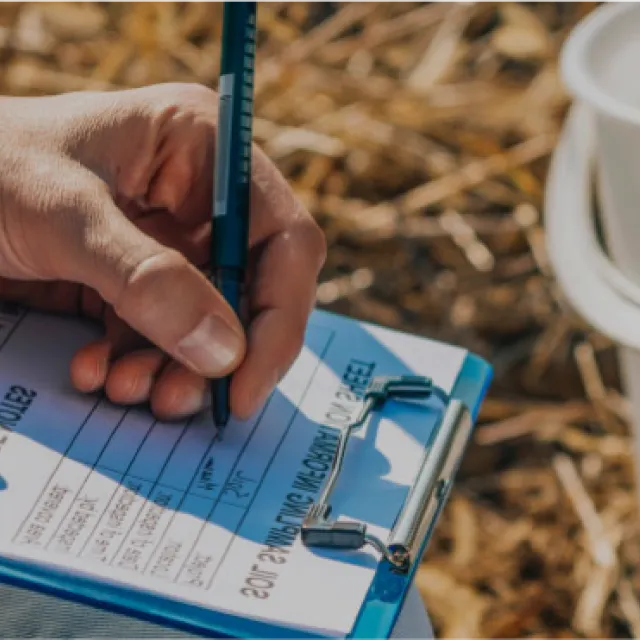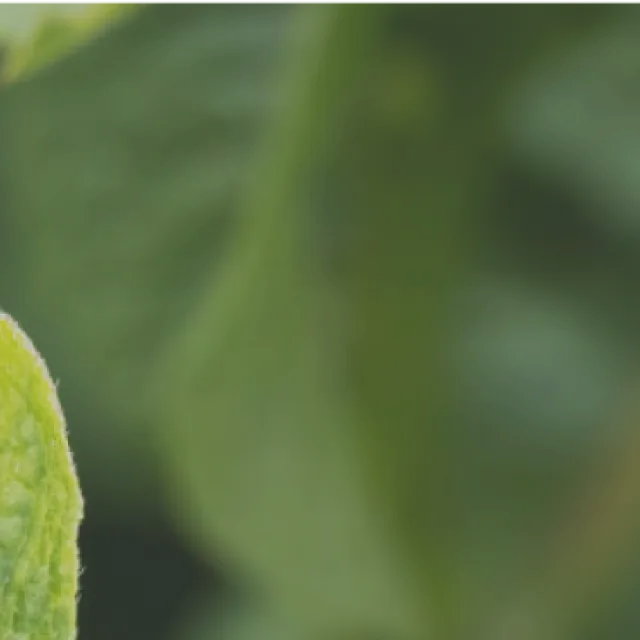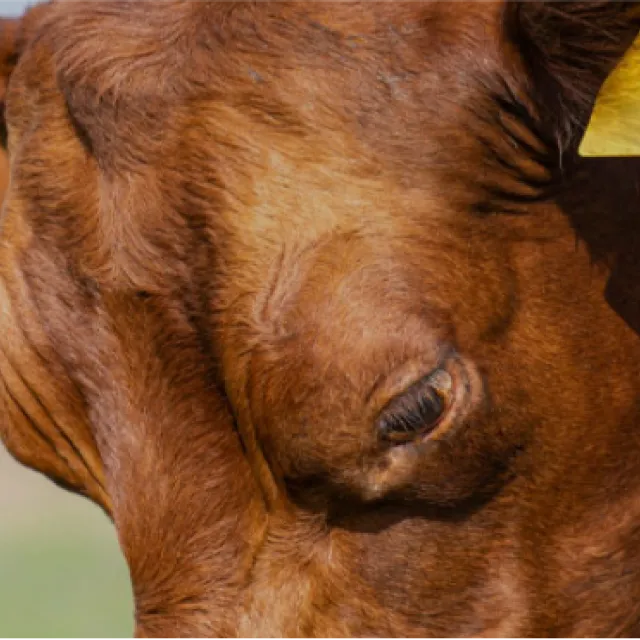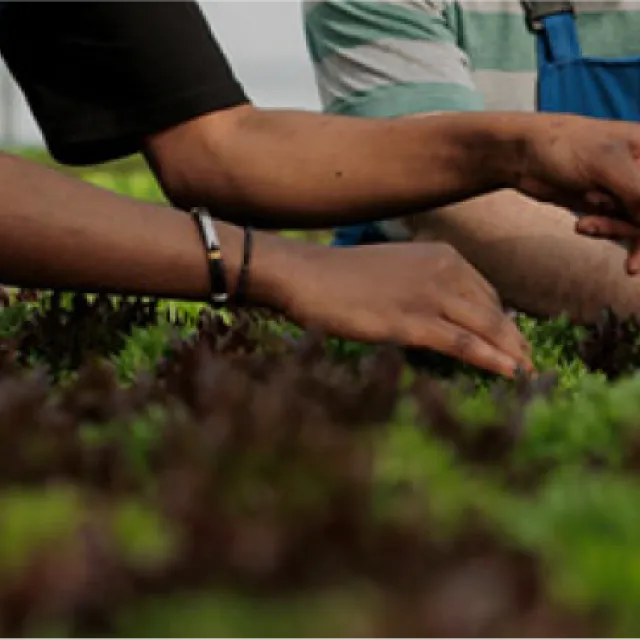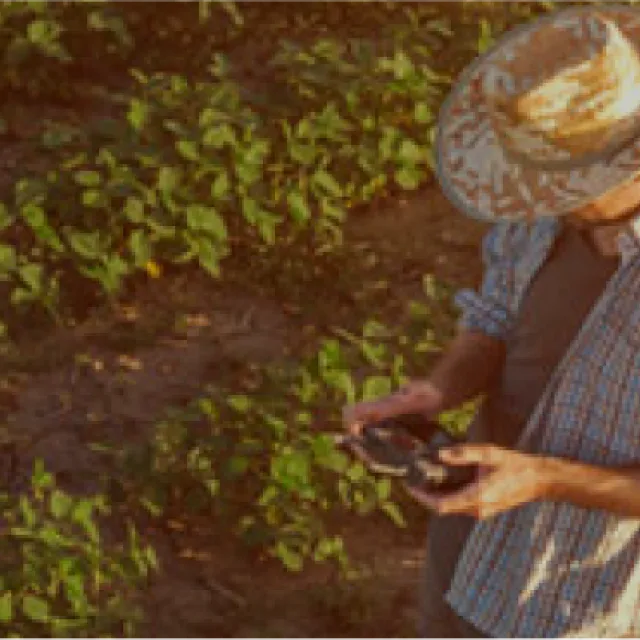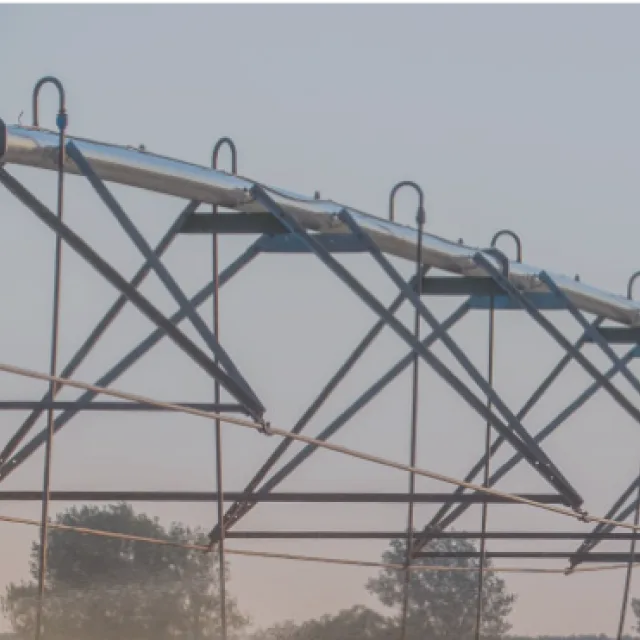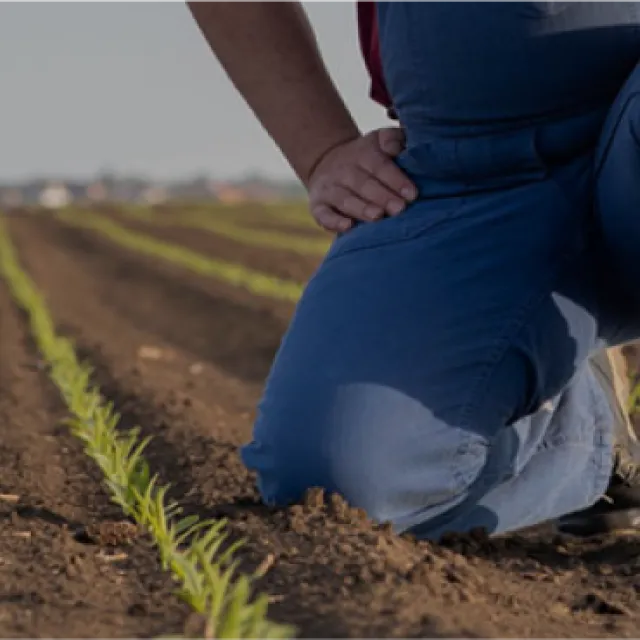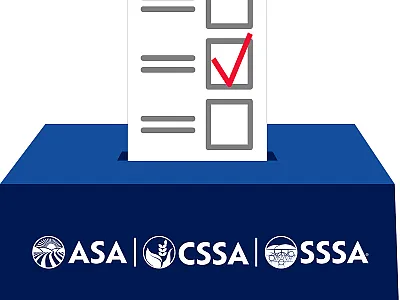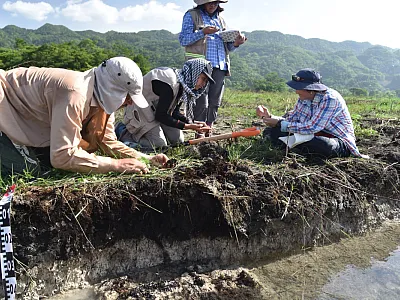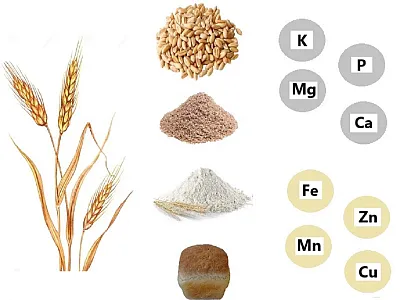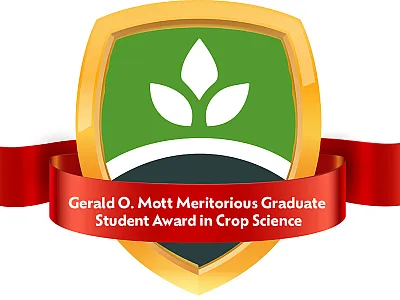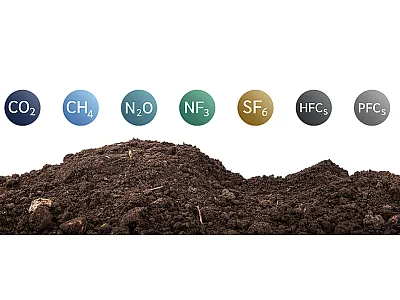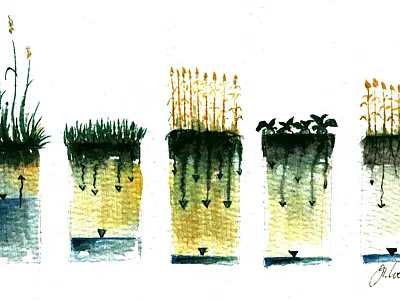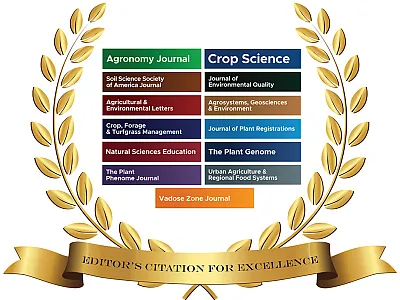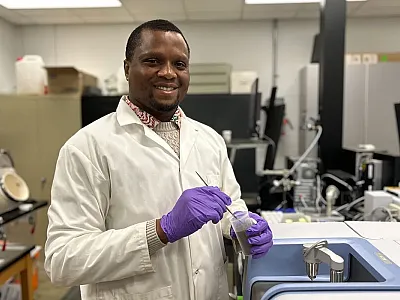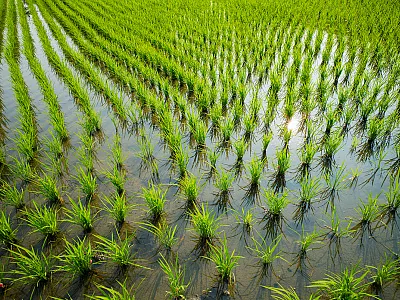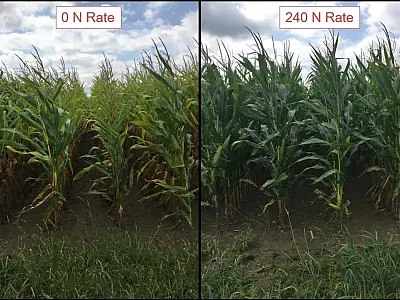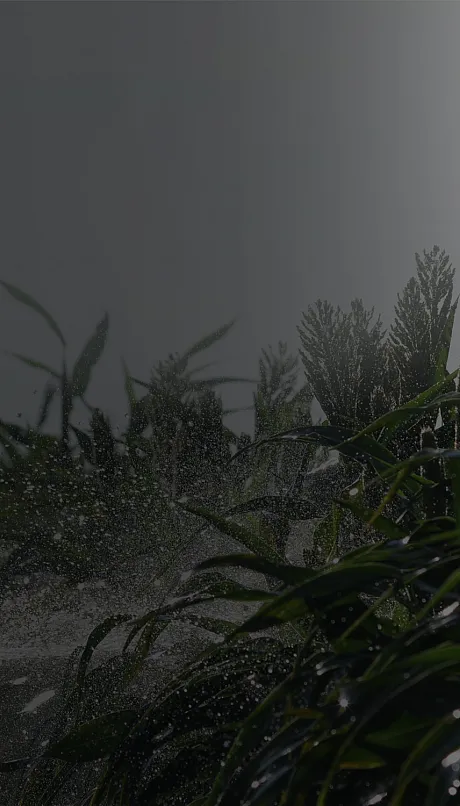
Rewriting the rules for water use in the High Plains
The July issue of CSA News is online! This month's cover story examines local approaches to slow down groundwater depletion in the U.S. High Plains.
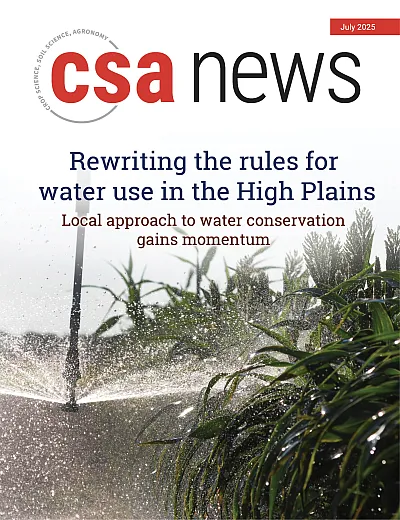
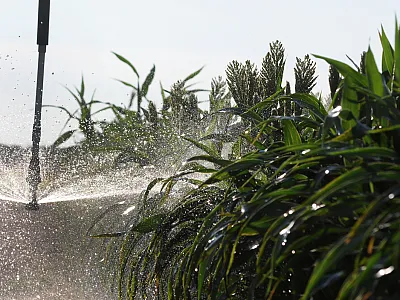
Rewriting the rules for water use in the High Plains
Local approach to water conservation gaining momentum
The Ogallala Aquifer is a vital water source for agriculture and drinking across the High Plains. Historical agricultural practices—combined with slow regeneration—are rapidly depleting groundwater across the region.
Some High Plains states are trying to slow down groundwater depletion by reducing water use across the Ogallala. One such program, named Local Enhanced Management Areas, or LEMAs, is catching the eye of water managers across the region for its uniquely local approach to water conservation.
While LEMAs have shown promise in stabilizing water use in some Kansas regions, broader adoption across the High Plains faces legal, cultural, and climatic challenges, highlighting the need for adaptable, community-driven water policies.
Featured articles
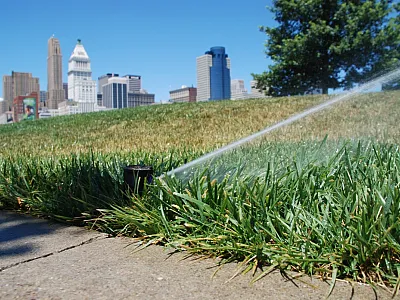
Water use in turfgrass the focus of a new collection of papers
A new collection of 30 papers published in Crop, Forage, & Turfgrass Management brings together research on turfgrass water conservation. These wide-ranging papers cover topics from crop coefficients and evapotranspiration, drought tolerance and recovery, irrigation strategies, soil surfactants, species use, technology, water quality, and more.
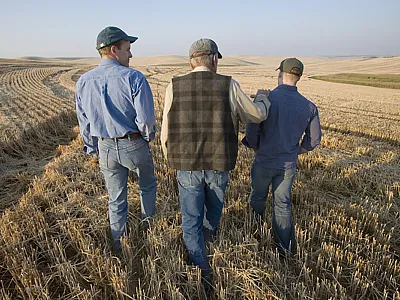
Intergenerational connections to enrich family life, communities, and farmland
What transforms a space into a place of meaning and connection? Increasingly, the answer lies in the relationships that span across generations. In agriculture, where ties between people and land run deep, these connections enrich family life, strengthen community, and support long-term farmland stewardship.
Recent articles
Events
Science explained
One of the great features of our new site is our "Science Explained" section where we bridge the gap between our sciences and society, explaining key concepts and research in language that is easy to understand by all, including those without formal scientific training. Visit us each week as we continue to add more sections and content.
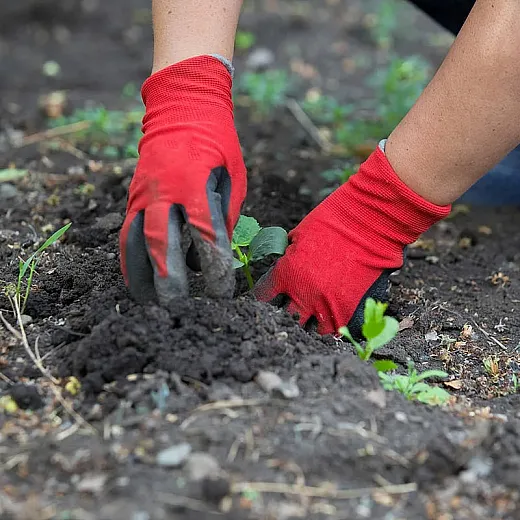
We want to hear from you
Do you have an article you'd like to submit or feedback for the magazine team? Let us know!
